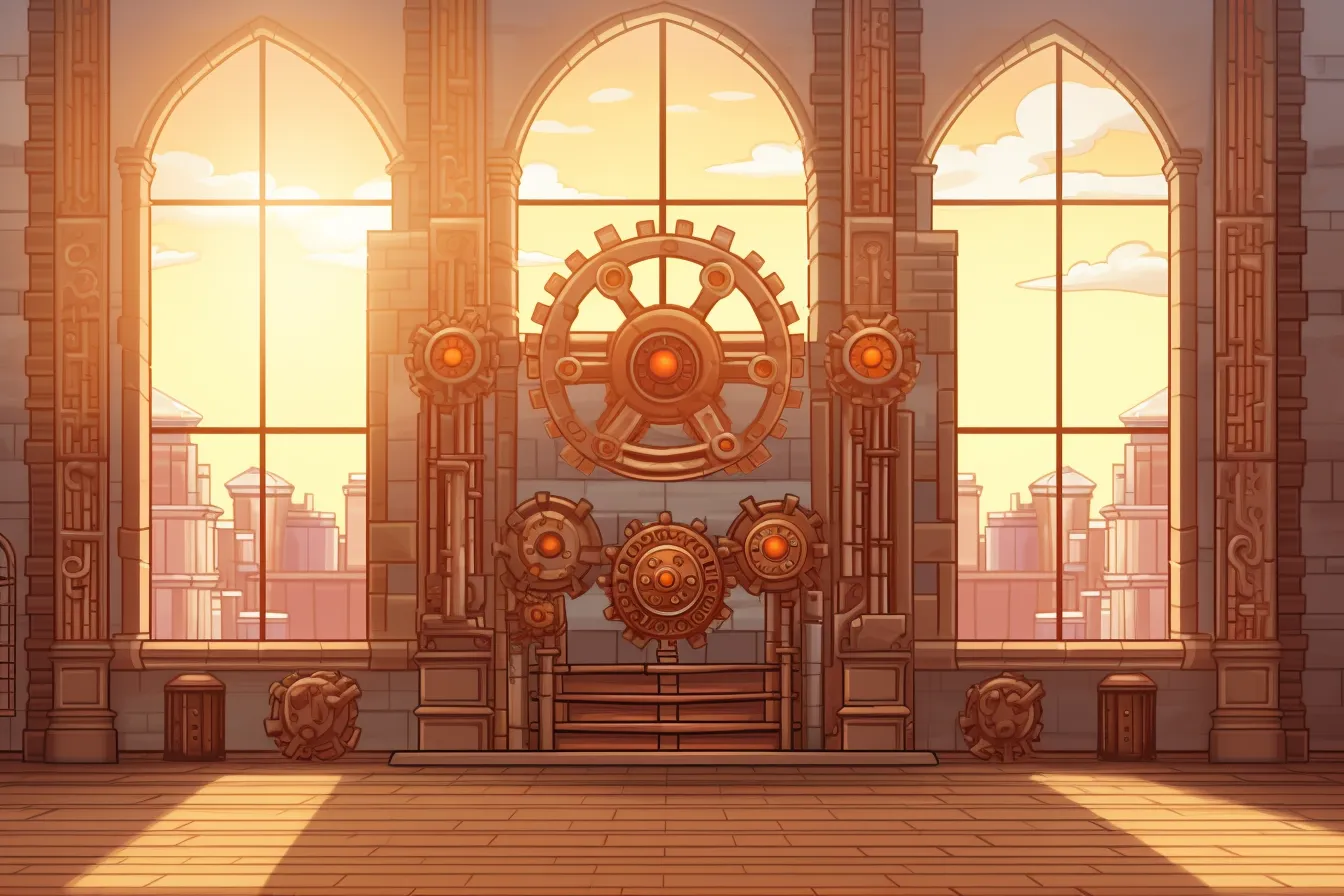
Llama court
is now in session
We used Llama 2 to build an AI court room, where famous characters debate cases with each other as jurors. Watch autonomous agents Homer and Aristotle debate garden gnome thefts. Or Einstein and Yoda discuss illegal time travel.

Pick a courtroom to watch
- Courtroom A
Aristotle, Homer Simpson, Agatha Christie, Nikola Tesla, Dana Scully, Lieutenant Worf
- Courtroom B
Yoda, Albert Einstein, Napoleon Bonaparte, Count Dracula, Mother Teresa, Mikhail Bakunin
- Courtroom C
Al Capone, The Log Lady, MacGyver, Confucius, Marie Curie, The Terminator

How does Llama Court work?
Llama Court is a simulation of a jury deliberation where each jury member is an AI agent. It is open source so you can dive into the agent code and frontend code to see exactly how it works.
There are three simulated court rooms, each with a jury consisting of six members. Each member has their own personality and opinions.
Each jury member has their own:
- summary of the facts of the case
- mood
- beliefs about the case
- probability that the defendant is guilty or innocent
- opinions about other jury members
At the beginning of a court session the evidence is presented, witnesses are heard and prosecution and defense make their statements. During this time the agents update their summaries of facts, mood, beliefs, and probability of guilt/innocence.
After the closing statements, the jury goes into deliberation. Each agent decides how eager they are to speak and a weighted average of “speak eagerness” is used to pick the next speaker.
After an agent has spoken, all the other agents update their mood, beliefs, probability of guilty/innocent, and opinion about the current speaker. Then “speak eagerness” is computed again and another agent makes a statement. This process is repeated until all agents are certain of the defendant's guilt or innocence.
The court transcript is generated by GPT-4 at the beginning of a session. The agent state is generated and updated by Llama 2 13B-chat running on Replicate. Images are generated by SDXL based on the current mood of the agent.
The overall agent architecture was inspired by the Belief-Desire-Intention model and the social relations model used by GAMA. There are so many great multi-agent systems papers from the 1990s waiting to be rediscovered!